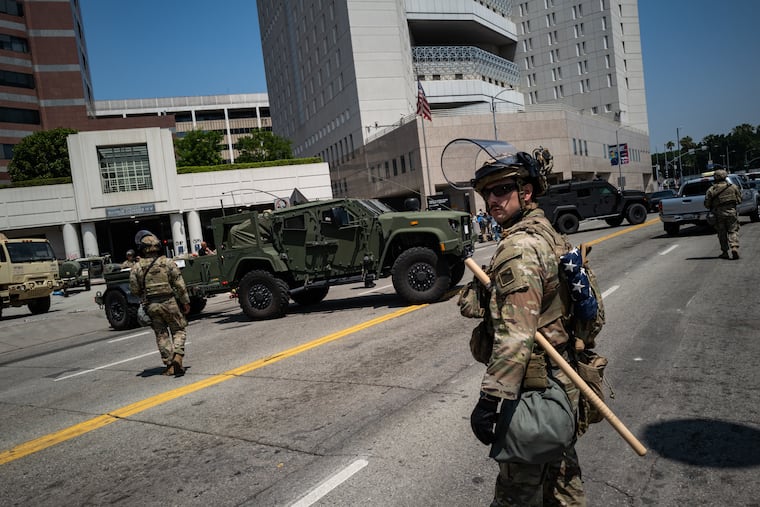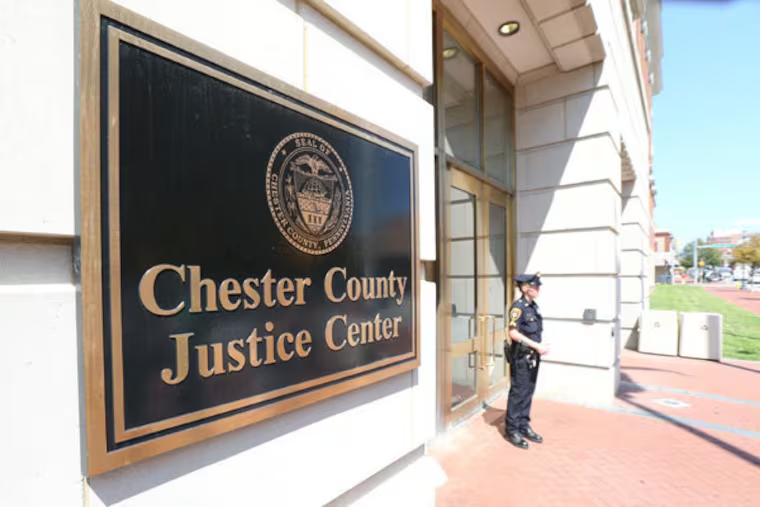Pentagon to establish a military reaction force to address civil unrest.
The Trump administration is reviewing a proposal to establish a “Domestic Civil Disturbance Quick Reaction Force,” which would involve deploying hundreds of National Guard troops across the United States in response to civil unrest, according to internal documents obtained by Media News Source. The plan, still in its preliminary stages, indicates that around 600 troops would be on standby at all times, capable of mobilizing within an hour for rapid deployment to cities experiencing protests or unrest.
This initiative proposes to organize the troops into two groups of 300, stationed at military bases in Alabama and Arizona, to cover regions east and west of the Mississippi River, respectively. Cost assessments outlined in the documents suggest that maintaining such a force could escalate into hundreds of millions of dollars, particularly if military aircraft and aircrews are needed for round-the-clock readiness. Conversely, troop transport via commercial airlines is noted to be a more economical option.
This proposal marks a significant potential expansion of the military’s role in domestic affairs, reflecting President Donald Trump’s inclination to utilize armed forces within the United States in a manner not seen in recent history. The plan leverages a section of U.S. law that permits the commander in chief to bypass restrictions on military deployment domestically.
Scheduled for consideration in fiscal year 2027, the initiative’s timeline remains uncertain. The documents indicate that alternate funding sources could potentially expedite the program’s onset, although it remains unclear whether the plan has been presented to Defense Secretary Pete Hegseth.
Traditionally, the National Guard maintains rapid-response teams for their home states, while this proposal contemplates interstate troop movement for civil disturbances. In response to anticipated unrest during the 2020 election, the National Guard had previously deployed 600 troops for readiness ahead of potential political violence, following widespread protests triggered by the murder of George Floyd.
The administration’s use of military forces for domestic issues has raised eyebrows, particularly as crime rates in urban centers are reportedly declining. Critics and legal scholars express concern over the implications of normalizing the military’s involvement in civil law enforcement. Joseph Nunn, an attorney specializing in military domestic activities, contends that such a move could set a dangerous precedent that lowers the thresholds for military deployments in non-combat settings.
The proposal is infused with a range of operational concerns. Discussions highlight the risk of depleting National Guard personnel for emergencies like natural disasters, in addition to the strain on resources and potential impacts on military readiness. The documents emphasize the necessity for caution and thorough evaluation of the ramifications should this plan be implemented.
Furthermore, officials within the administration have voiced worries that a rapid deployment mechanism may lead to confusion and inefficiency, as state and local governments work to establish coordination amid sudden military presence. In a bid to streamline operations, suggestions have been made to utilize commercial airline services for troop transportation to avoid burdening military aviation components.
As this plan continues to unfold, experts underscore the significant implications for civil-military relations and the balance of power in domestic security. The emerging strategy could fundamentally alter the National Guard’s traditional role and its operational framework, posing complex legal and societal challenges in the years to come.







